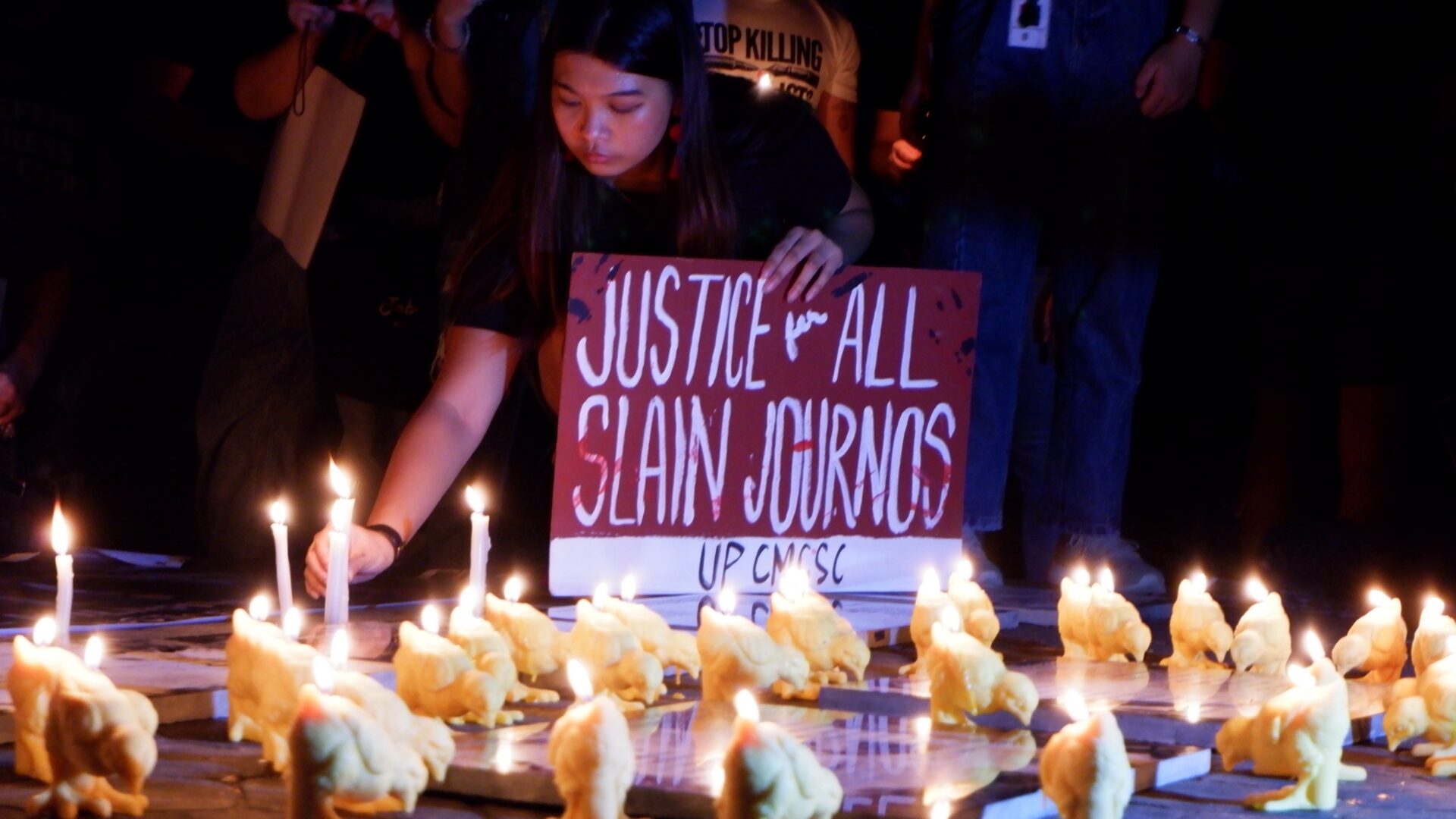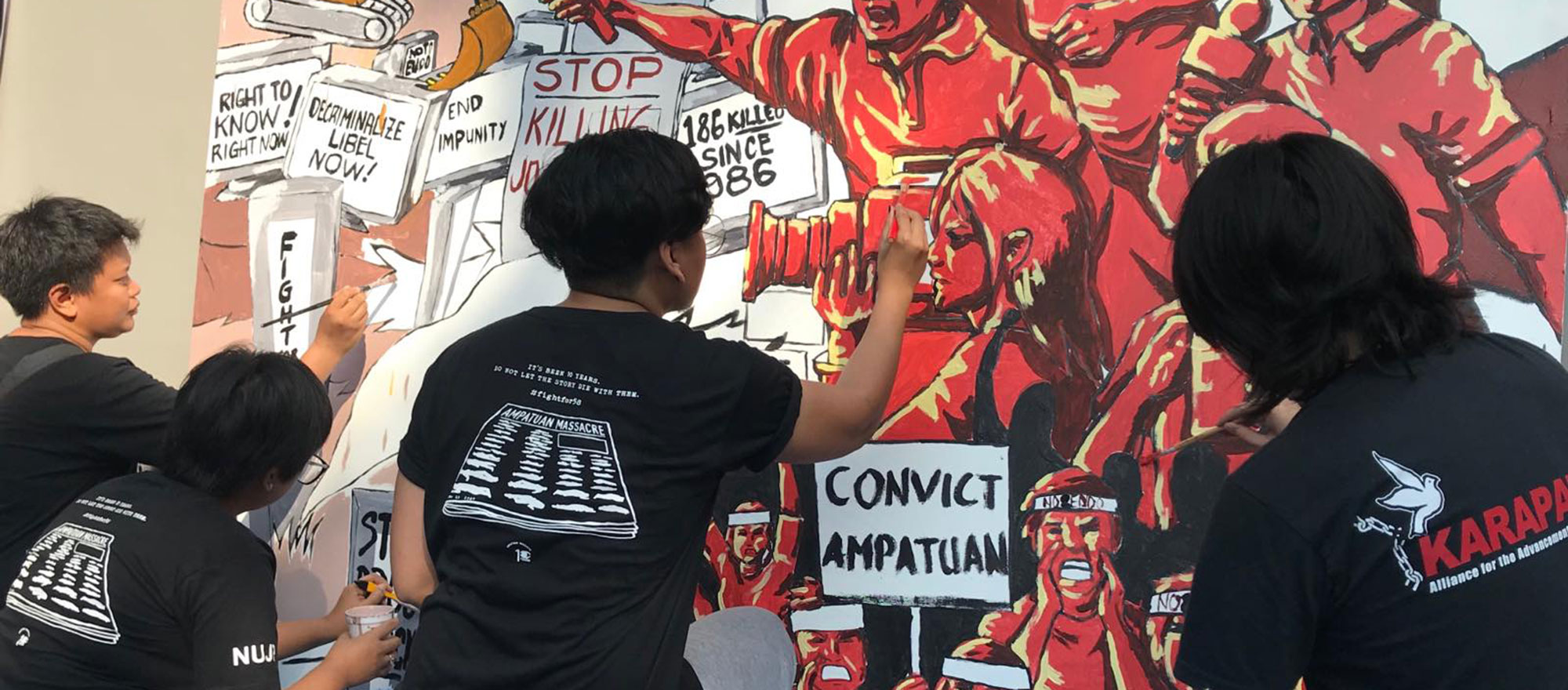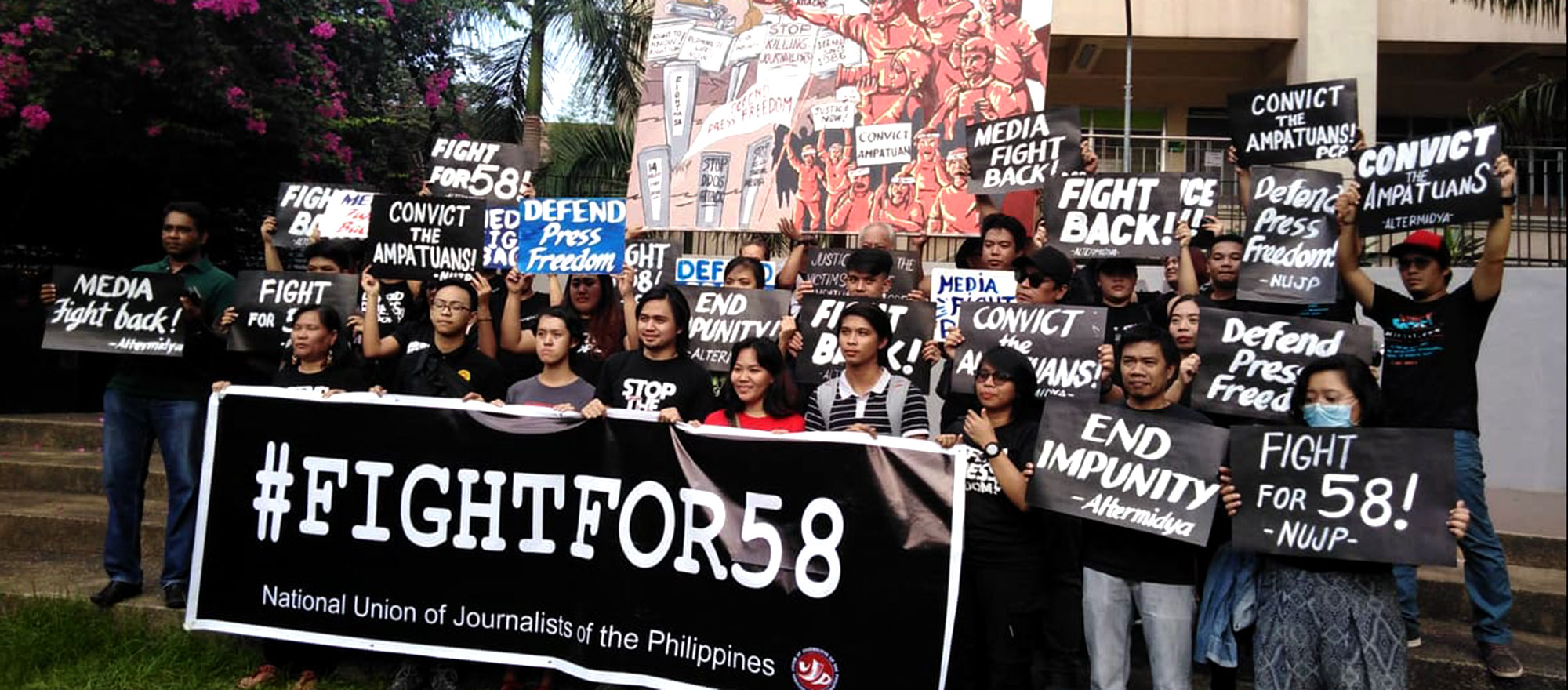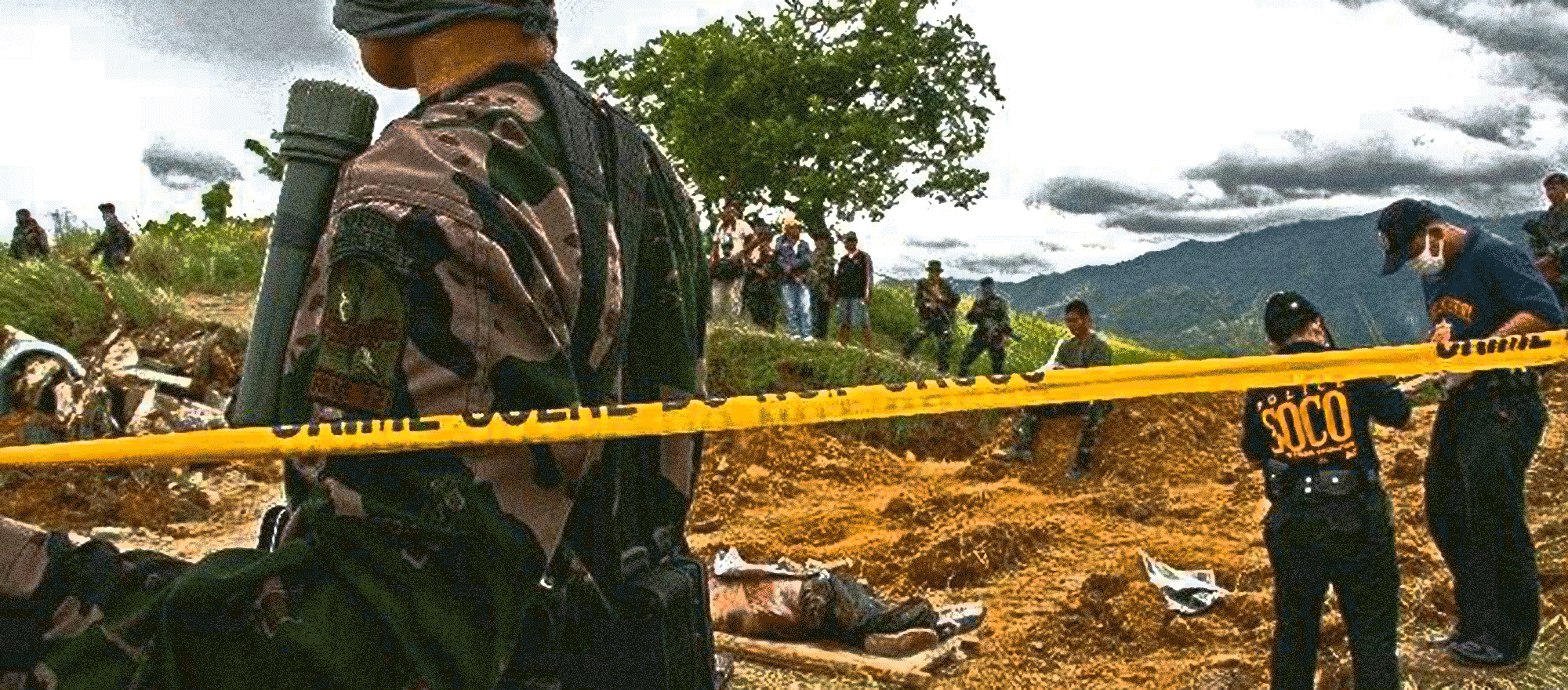Statement | On the first UN Day to End Impunity for Crimes against Journalists
Today, November 2, we observe the first United Nations Day to End Impunity for Crimes Against Journalists, with sorrow and rage. That the UN has to declare such a day, just as IFEX in 2011 declared November 23, the date the 2009 Ampatuan massacre happened, the International Day to End Impunity, says much of how […]
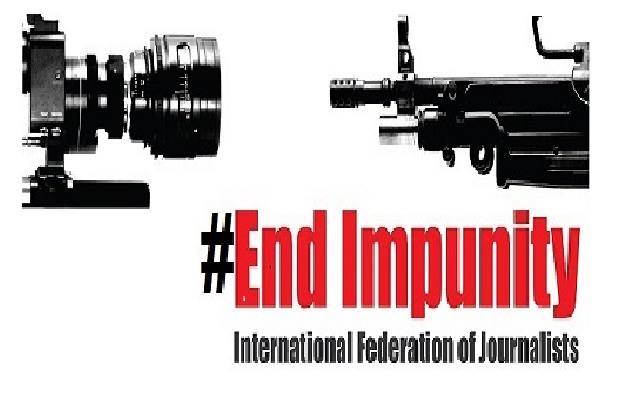
 Today, November 2, we observe the first United Nations Day to End Impunity for Crimes Against Journalists, with sorrow and rage.
Today, November 2, we observe the first United Nations Day to End Impunity for Crimes Against Journalists, with sorrow and rage.
That the UN has to declare such a day, just as IFEX in 2011 declared November 23, the date the 2009 Ampatuan massacre happened, the International Day to End Impunity, says much of how freedom of the press and of expression, and those who not only wish, but whose duty it is, to exercise these freedoms have come under increasing attack.
Thus far this year, the International Federation of Journalists has recorded close to 100 media killings worldwide.
Ironically, the assaults have increasingly come not only from parties traditionally seen as hostile to a free press — autocratic and corrupt governments, terrorist organizations, crime groups — but also from those that justify repression as part of their professed intention to protect basic rights and freedoms, particularly governments engaged in the so-called “war on terror.”
These two days — November 2 and 23 — strike a deep chord within the community of independent journalists in the Philippines, who have lost 171 of their number since 1986 as government apathy and even hostility continue to feed the impunity with which assaults on the press are committed.
It has not helped that President Benigno Aquino III has not only broken all his promises of justice and good governance, presenting lame excuses for taking back his vow to enact the Freedom of Information Law and even bungling the number of media victims — 32 — of the single deadliest attack on the press in history but, worse, time and again making the media a whipping boy for fulfilling its duties of informing the people of what his administration is doing or not doing for them.
Indeed, under Mr. Aquino’s watch, 33 of our colleagues have lost their lives, one of the worst records of any sitting president. Yet, instead of ordering an end to the killings, he has again and again offered what amounts to a justification for the murders, hinting without providing any evidence that the victims were either not killed for their work or were engaged in less than ethical undertakings.
From this day until the 23rd, and way beyond that, the National Union of Journalists of the Philippines, together with other media organizations and freedom of expression advocates, will remind Benigno Aquino III of how badly he has failed to fulfill his pledge to protect our rights and freedoms and, because of this, how his hands are stained with the blood of our fallen colleagues.
Rowena Paraan
Chairperson
National Union of Journalists of the Philippines (NUJP)

